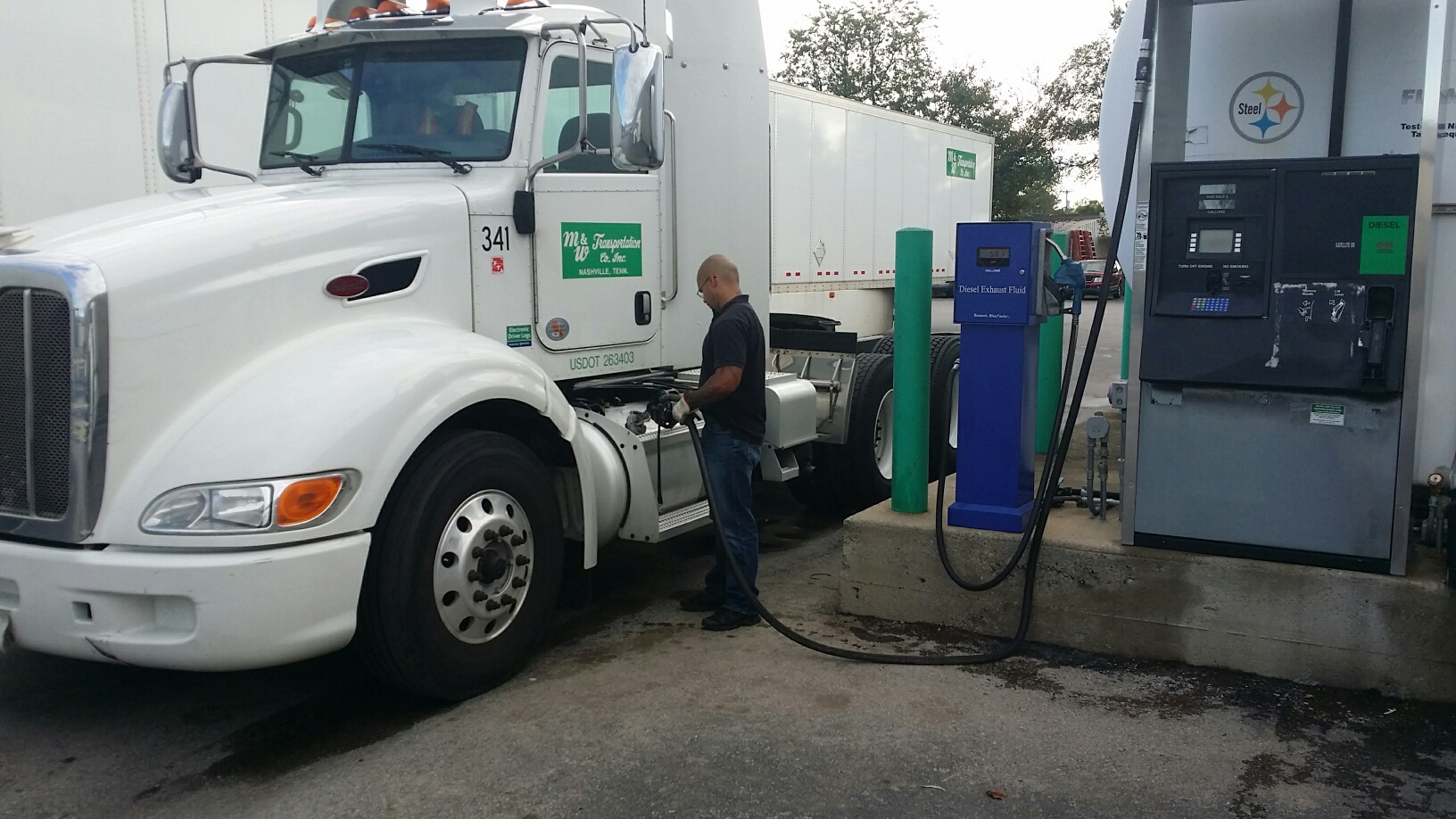
The transportation industry provides millions of jobs to Americans every year, and with the shortage of truck drivers, now is a great time to invest in a new career. Driving a commercial vehicle is an occupation that requires specialized skills to perform the job correctly. It can also give families financial security and medical benefits that other professions can’t. We’ve put together a short guide to help anyone who is thinking of becoming a truck driver.
Know What You are Getting In To
For anyone starting a new career, it’s worth researching your choice of field to see what obstacles you might face. Trucking is a great field and can provide families with many benefits, but some areas need to be addressed, such as time with family and friends. The first year, for most, can get a little challenging. In fact, many new truckers can spend almost 21 days at a time on the road while they complete training. Many companies try to honor requests off, but if circumstances arise they will need you out for delivery rather than at home. Fortunately, technology has made it easier for communication and can close the gap between families who are on opposite ends of the map.
The Average Salary for a Truck Driver
According to the Bureau of Labor Statistics, the average pay for a truck drives is $41,340. This sum equates to almost $800 a week. Over-the-Road drivers are paid by the mile for the freight they haul, but some are paid by the load. You could assume that if you are paid by the mile, there would be options to increase your mileage, and therefore you’re earning potential. However, many companies put a cap on the amount each driver can rack up.
There is More Than One Truck Driving Job
There are various options for truck driving, and it’s worth keeping this in mind when you are considering the type of job you want. Most truckers should expect to start in an “over-the-road” position. Over the road will mean you drive long distances to pick up the load and drive even further to deliver. Other options are regional, where some businesses only operate within a certain area of the United States. These positions are appealing because it might offer you a little more time with your family. There are, however, some businesses that are looking for new drivers to complete local routes which would afford the driver more home time. It should be noted, this could put a strain on earning potential.
Getting Your Commercial Drivers License
The most critical part of becoming a trucker is getting your Commercial Driver’s License (CDL). Driving large, heavy loads is a special skill, and you will need the right training to collect your CDL. Each state has its own requirements regarding exams, but most will require you take a general knowledge test to get your CDL permit. Once you’ve got your permit, you can start driving with other CDL holders present. After you’ve spent some time getting comfortable handling a truck, you will need to pass a test at your local DMV. Additionally, you will need to pass a combination vehicle, air brake, and pre-trip inspection test as well. All of these steps might seem overwhelming, but there are a few options to make sense of the process. You can enroll at a local truck driving school which consolidates much of the process but can cost a bit of money or qualify for a company sponsored training program. Both come with pros and cons, so we recommend giving the type of truck driving you want to do a bit of consideration.
There are Different Types of Trucking Businesses
As we previously mentioned, there are a few types of trucking jobs you could strive for, but there are even more options when it comes companies. Each business provides a different service, so we’ve broken down the most common types for you:
- For Hire Truckload Carriers – These trucking companies earn their money by hauling freight for other businesses and essentially “rent” their fleet to those who are in need of this type of support.
- Private Fleets – This is the opposite of “For Hire.” Many manufacturers produce and transport their goods, and control their distribution by supplying their own fleet of trucks.
- Less Than Truckload Carriers – When consumers or businesses can’t send a product through the mail but don’t have enough to qualify for an entire 53′ trailer, Less Than Truckload Carriers come into play.
- Intermodal – For any business who uses rail to transport goods, intermodal drivers work locally to collect the container and deliver it to the final location. It’s also a good option for anyone who wants to work locally.
We believe that working for M&W isn’t just a job, it’s a lifestyle. It’s our goal to foster a happy, healthy team of professional tractor-trailer drivers. That’s why we have the “Homeward Bound” promise, to make sure you get to spend time with your family on the weekends.
Join our team to start your new trucking career!
